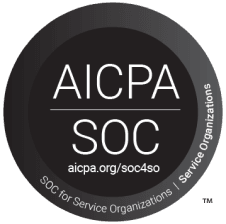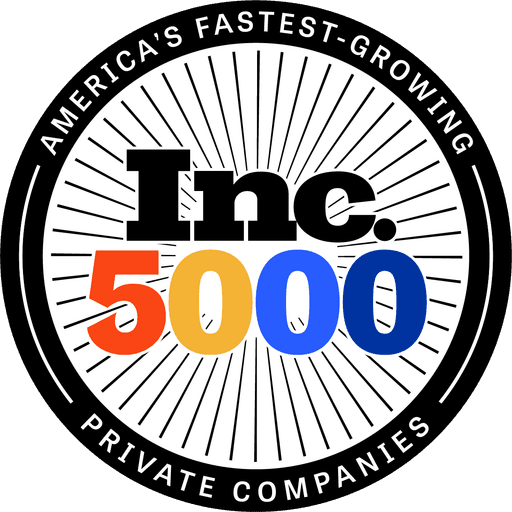Sustainability: A Smarter, More Resilient Approach to ESG
Stay in the know
Get the latest news & insights straight to your inbox.

Sustainability: A Smarter, More Resilient Approach to ESG
In today's global landscape, sustainability has emerged as a pragmatic and enduring approach to achieving Environmental, Social, and Governance (ESG) objectives. At its core, sustainability is about meeting the needs of the present without compromising the ability of future generations to meet their own. It strikes a balance between economic growth, environmental stewardship, and social well-being—an equilibrium essential for long-term success.
The Evolution of ESG: From Ambition to Reality
The ESG movement was built on noble intentions: Do No Harm and Make Things Better. Governments and corporations worldwide embraced these principles, aiming to drive meaningful change. However, the real world quickly demonstrated the complexities of applying a universal ESG framework across diverse jurisdictions and cultural landscapes. What works in a pristine agricultural community in North America may not be feasible in a developing economy with different social and economic realities.
As governments enacted ESG regulations and corporations sought public recognition for their commitments, it became evident that setting goals was far easier than achieving them. Many organizations faced unforeseen challenges, from geopolitical uncertainties to economic disparities, making the implementation of ESG initiatives more difficult than anticipated. Additionally, the evolving expectations of consumers, investors, and regulators further complicated the process, requiring businesses to adapt to an ever-changing landscape.
Sustainability: A Pragmatic Alternative
In response to these challenges, companies have shifted towards sustainability as a more adaptable and realistic strategy. Rather than pursuing rigid ESG mandates, businesses are now focusing on minimizing environmental damage while ensuring economic viability in both mature and emerging markets. Sustainability allows for a more tailored approach, recognizing local needs and constraints while maintaining a commitment to long-term positive impact.
A sustainability-driven approach encourages organizations to invest in cleaner energy, reduce waste, and embrace circular economy principles. This shift also emphasizes the importance of social responsibility—supporting fair labor practices, ethical supply chains, and inclusive corporate cultures. By integrating these values into their core strategies, businesses can foster sustainable growth while maintaining resilience in an unpredictable global economy.
Navigating the Future with a Balanced Approach
Society remains committed to improving lives, but the realities of climate change, geopolitical conflicts, and economic volatility necessitate a tempered approach. Instead of rapid, sweeping changes that may not be feasible, a steady and deliberate transition toward sustainability ensures progress without causing undue hardship. Organizations must strike a balance between ambition and practicality, ensuring that their sustainability initiatives are both effective and achievable.
A sustainability-driven ESG strategy acknowledges that meaningful change takes time. It prioritizes responsible business practices, innovative solutions, and stakeholder collaboration to create lasting impact. By focusing on sustainability, organizations can align their ESG aspirations with practical execution, fostering a future that is both resilient and sustainable.
The Role of Data and Technology in Sustainable ESG Strategies
To make informed decisions, companies are increasingly leveraging data and technology to track and measure their sustainability efforts. Advanced analytics, artificial intelligence, and blockchain technology are helping organizations monitor supply chain sustainability, reduce emissions, and improve transparency. These tools empower businesses to implement more precise, data-driven ESG initiatives, ensuring accountability and continuous improvement.
At Supply Wisdom, we recognize the importance of balancing ambition with feasibility. As the focus shifts towards sustainability, businesses must adapt to an rapidly evolving landscape while maintaining a commitment to responsible growth. A sustainability-driven approach, based on current, reliable, intelligence, ensures that organizations can effectively manage risks, navigate complexities, and drive meaningful impact—one step at a time. By embracing technology, fostering collaboration, and committing to responsible business practices, companies can build a future that is not only sustainable but also profitable and resilient.
To learn more about how Supply Wisdom can help you, talk with one of our specialists here.






